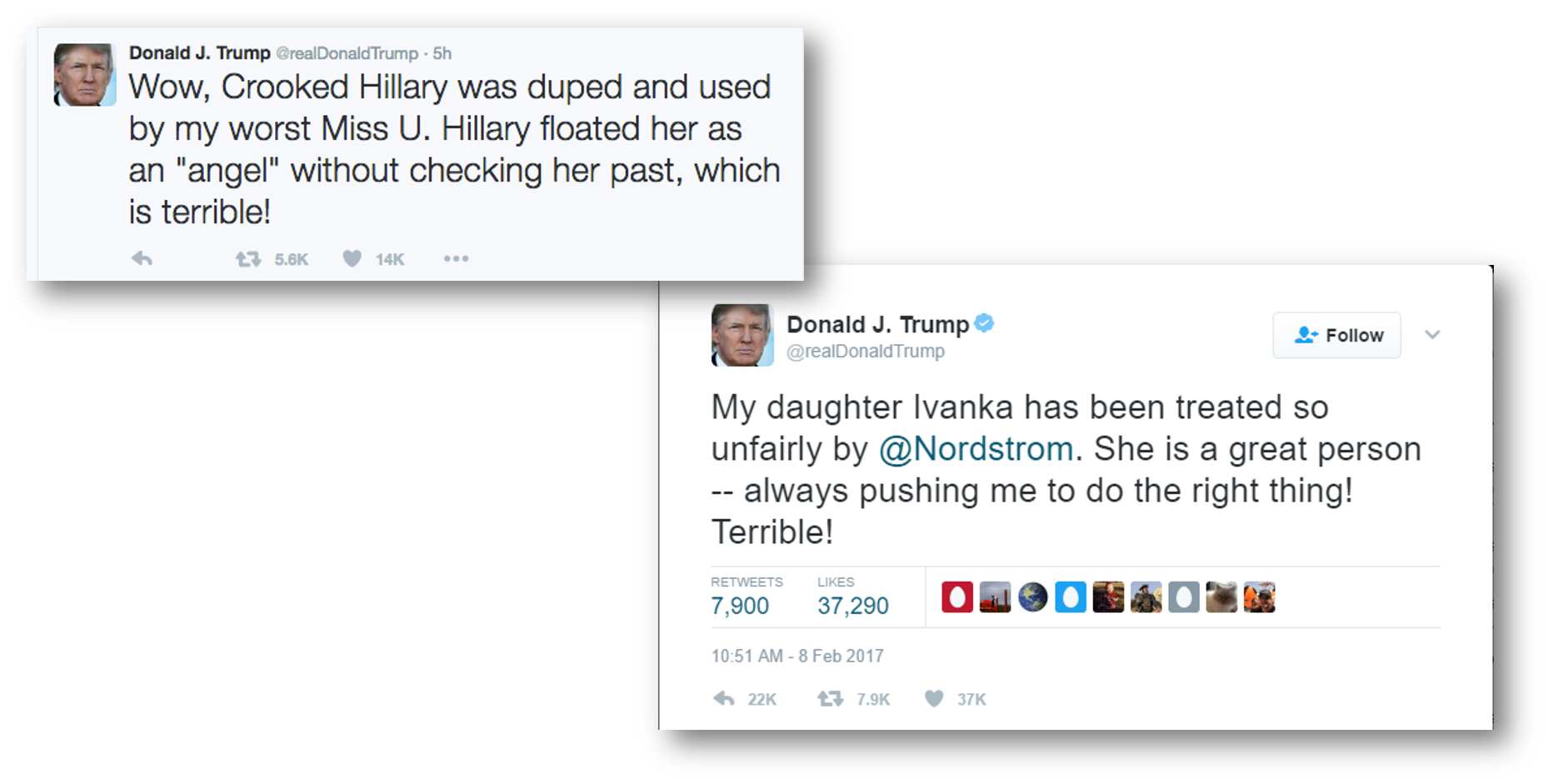
This is not intended to be a political blog post. And I hope you don’t read it that way. I’m asking you to step outside your beliefs and isms (not easy to do these days), and read it for what it is: a commentary on how social media is being deployed in new, novel, strategic, and manipulative ways. In fact, as the art and craft of social media are now in their second decade, we’re seeing strong indicators it is being used differently with greater effect than ever before.
This has implications for radio operators as you’ll see when you get deeper in the post. These days, walls are a big topic. And when I think about barriers, I think about “gatekeepers,” a term you don’t hear very often anymore but one that I first encountered during a journalism class at the University of Michigan a long time ago.
In the not-so-distant past, it was the “gatekeepers” like network TV and later cable news channels, as well as local television and radio stations, that had the power to control content – and the political and social agenda. Their hold on transmitters and towers or even a cable network, meant a scarcity of communications outlets. And that translated to the power of the message being in the hands of very few players.
That was a relationship that media moguls like Rupert Murdoch, Ted Turner, Michael Eisner, Sumner Redstone, and Bill Paley relished. Their control of the communications flow connoted power, dominance, and of course, lots of revenue.
But those media walls have been coming down for some time now, a breakdown that’s rapidly accelerated in the past year.
Donald Trump has most famously subverted the “gatekeepers” with deft use of his Twitter account. He doesn’t need CNN, Fox, or The New York Times to cover his agenda. Plus, he would undoubtedly be unhappy with their “take.”
Instead, he can simply tweet. On @realdonaldtrump, he now reaches more than 24 million Twitter users; on @potus, he recently cracked the 15 million barrier. That means 40 million Twitter subscribers have the potential to see his messages – far more than the audiences of any cable network, newspaper, or news organization.
 The President is as savvy a media power player as they come, and his ability to further his agenda by harnessing the power of social media is one of the core reasons he has successfully crashed through the “gates.” And the added bonus is that news outlets consistently cover his tweeting activity – precisely the way he writes them – ensuring that his every thought reaches the intended eyeballs in the ways in which he wants it delivered.
The President is as savvy a media power player as they come, and his ability to further his agenda by harnessing the power of social media is one of the core reasons he has successfully crashed through the “gates.” And the added bonus is that news outlets consistently cover his tweeting activity – precisely the way he writes them – ensuring that his every thought reaches the intended eyeballs in the ways in which he wants it delivered.
Trump is also a consistent tweeter. Unlike so many other personalities in politics or radio who only use social media occasionally, the President has created an expectation with his Twitter account. With every vote or current event, Americans (and the media) are waiting to see what he’s going to tweet.
But he’s not the only politician effectively executing a smart media end around. Earlier this week, Senator Elizabeth Warren showed how she was able to subvert the media – and her colleagues in the Senate. During the debate over Jeff Sessions’ nomination for Attorney General, Warren began to read an old letter from Coretta Scott King. The majority leader of the Senate, Mitch McConnell, rebuked her – cutting her off in mid-sentence – seemingly ending her ability to communicate her intended message on the floor.
Outside the chamber, Warren fired up Facebook Live, and continued reading King’s 10 page letter. Now consider that one year ago, Facebook Live didn’t exist. By moving to this social channel, she instantly had a way to continue delivering her message – to a much larger audience that may have been watching her statement on C-SPAN. McConnell’s effort to silence her had the unintended consequence of amplifying her message, exponentially reaching millions more people via Facebook Live.
Watch Elizabeth Warren on Facebook Live
During the debate on whether to make Jeff Sessions the next Attorney General, I tried to read a letter from Coretta Scott King on the floor of the Senate. The letter, from 30 years ago, urged the Senate to reject the nomination of Jeff Sessions to a federal judgeship. The Republicans took away my right to read this letter on the floor – so I’m right outside, reading it now.
Posted by U.S. Senator Elizabeth Warren on Tuesday, February 7, 2017
At last check, her viral Facebook Live video had racked up nearly 11 million views, as well as earning coverage from one news channel after another. Ironically, when she was reading the King letter on the floor of the Senate, the chamber was nearly empty. It’s a reminder that influential content creators are in control, especially when they harness the most viral distribution outlets with a message that resonates.
Clearly, the agendas of radio DJs, shows, and stations are quite a bit different than these divergent political agendas. But the lessons within are powerful and worthy of consideration. A well-known personality or a radio brand can very effectively communicate through these social channels. The timeliness of a situation and the way a post or communiqué is created can be important determinants in its ultimate reach and impact.
Facebook Live, Twitter, Instagram, Snapchat and the like are powerful tools – or weapons – that can be used to support a brand…or take one down. Respecting and understanding he power of social media – its reach and virality – is an important step toward being able to harness it, deflect it, or defend against it.
Radio often thinks of its own air as the only place where positioning statements live. But this amplified social media activity suggest this arena could prove to be an even more powerful way of communicating a strategic point.
The savvy use of social media by Trump, Warren, and others politicos have made these outlets even more useful, impactful, and far-reaching when used by influential and popular talent. Voters rarely respond to posts and tweets from the DNC or the RNC. But they do perk up when crafty messages come from a well-known person with something to say. As a medium whose brands rely on powerful personalities, radio’s big names have the potential to connect with consumers well beyond the cume numbers in the rating books. But it requires skill, instinct, and timing.
How competent and practiced is your staff at using these resources? How well do you know your audience’s social proclivities so you can most effectively use the available outlets? What can you learn from this hyper-intensified use of social media in the political arena to more effectively use these platforms for messaging?
As we continue to discover almost daily in this torrid political climate, social media provides a unique communications arsenal – one that broadcasters should be studying, analyzing, and perfecting.
It has the power to build or knock down walls.
- What To Do If Your Radio Station Goes Through A Midlife Crisis - April 25, 2025
- A 2020 Lesson?It Could All Be Gone In A Flash - April 24, 2025
- How AI Can Give Radio Personalities More…PERSONALITY - April 23, 2025




Ouch – and thanks…I think most of us needed that.
Appreciate it, Tom.